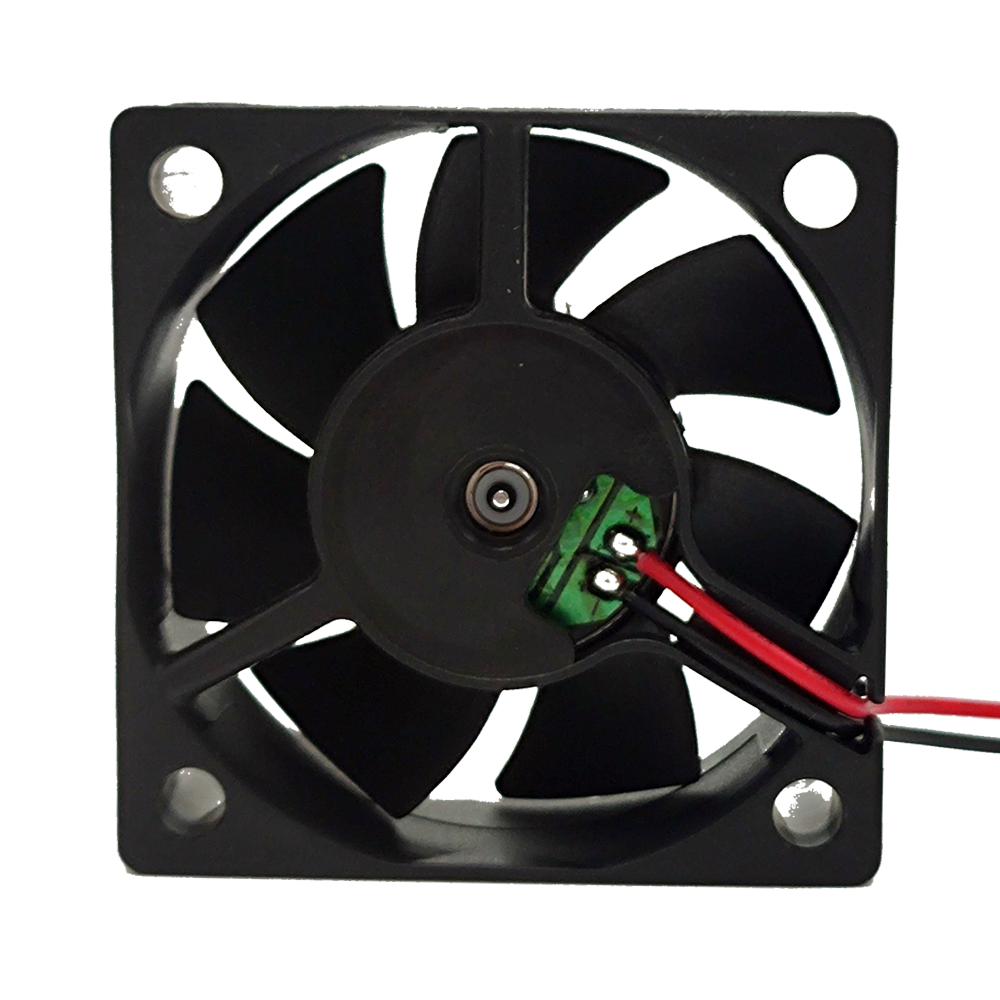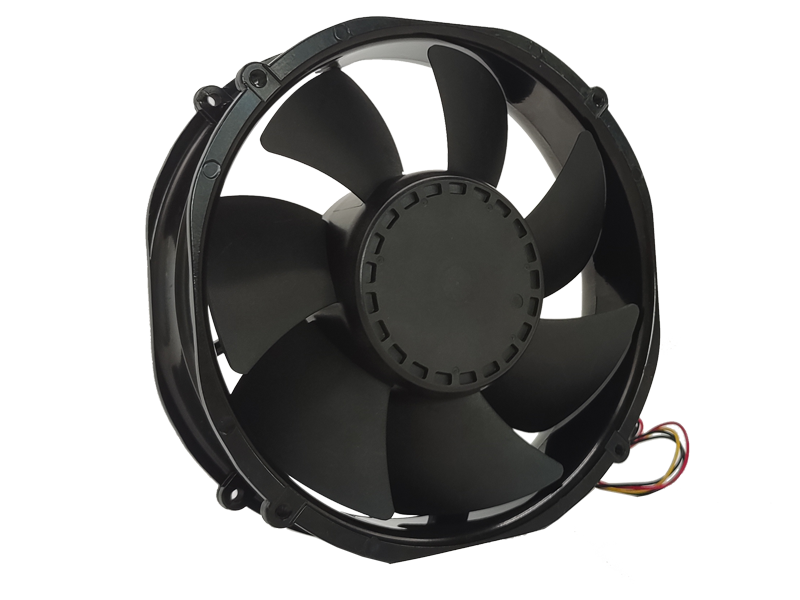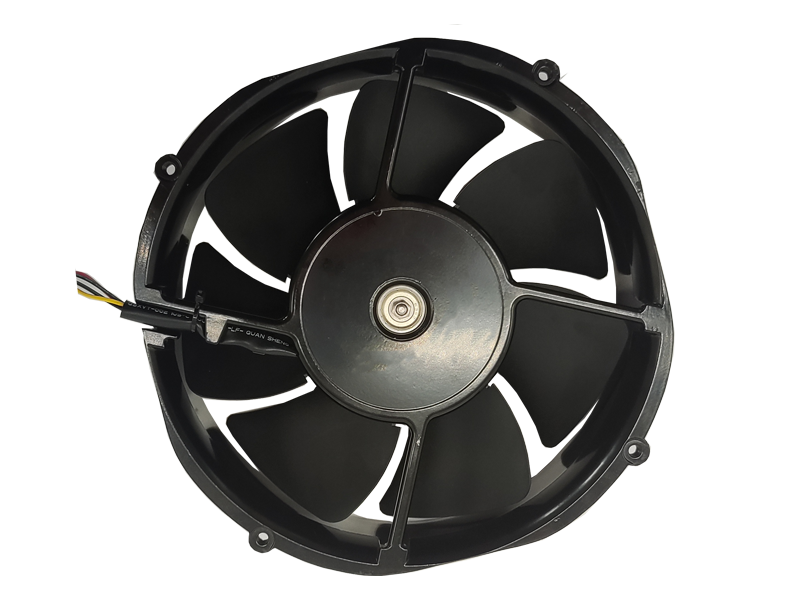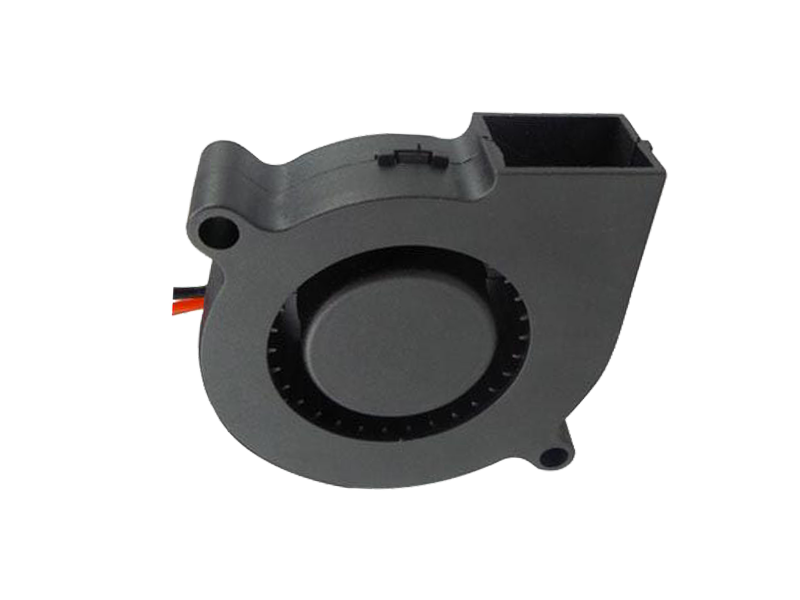Industrial fans are often seen as mere machines designed to move air, but their role in industrial settings goes far beyond simple ventilation. These robust devices are integral components in creating environments where productivity, safety, and sustainability can thrive. Whether in manufacturing plants, data centers, agricultural facilities, or chemical processing plants, industrial fans play a critical role in maintaining air quality, controlling temperature, and ensuring that workers can perform their jobs effectively.
In this article, we will explore the various applications of industrial fans, their significance in promoting a sustainable work environment, and the technological advancements that are shaping the future of industrial ventilation.
Understanding the Role of Industrial Fans
The primary function of an industrial fan is to move air or gas through a space to achieve a specific purpose, such as ventilation, cooling, or exhaust. By moving air, industrial fans help maintain an ideal temperature and humidity level, which is crucial in many manufacturing processes. They also help prevent the buildup of harmful gases or dust particles that can compromise the health of workers and the performance of machinery.
There are several types of industrial fans, each designed to handle different airflow and pressure conditions. Some fans are designed for high-flow, low-pressure applications, while others are optimized for low-flow, high-pressure situations. The diversity in fan types ensures that there is a solution for virtually any ventilation requirement.
Industrial Fans in Manufacturing and Production
Manufacturing and production plants rely heavily on industrial fans to maintain a safe and efficient environment. These fans are used to ventilate work areas, cool equipment, and exhaust fumes, gases, and dust created during the manufacturing process. In some industries, such as metalworking or chemical production, industrial fans play an even more critical role by helping to remove hazardous fumes or byproducts from the air.
Ventilation: In a factory, the presence of machinery and heavy equipment can create an environment with poor air circulation. Industrial fans are used to circulate fresh air throughout the building, ensuring that workers are not exposed to stagnant, polluted air. This helps prevent the buildup of harmful fumes or vapors and supports better overall health for employees.
Cooling: Many manufacturing processes generate heat. Industrial fans help by redistributing warm air and reducing hotspots that could negatively affect both workers and machines. In environments where high temperatures are a concern—such as plastic extrusion or metal forging—effective cooling is crucial to avoid overheating and damage to equipment.

Dust and Fume Removal: In industries such as woodworking, construction, or mining, dust particles and airborne contaminants can pose a serious risk to worker health. Industrial fans, particularly those used in dust extraction systems, help capture and expel these particles, keeping the air clean and breathable.
Sustainability and Energy Efficiency in Industrial Fans
As industries face increasing pressure to adopt more sustainable practices, the role of industrial fans in improving energy efficiency cannot be overlooked. Industrial fans have advanced significantly over the years, and modern models are designed with energy conservation in mind.
Variable Frequency Drives (VFDs): Many industrial fans are now equipped with Variable Frequency Drives (VFDs), which allow for precise control over fan speed. VFDs enable fans to operate only at the speed necessary for a given application, reducing energy consumption and improving overall efficiency. For example, a fan used in a ventilation system can be adjusted based on the actual airflow required, rather than running at full speed continuously.
Improved Aerodynamics: Advances in fan blade design and materials have resulted in more efficient airflow and less energy waste. Modern fans are often equipped with aerodynamically optimized blades that reduce drag and enhance airflow efficiency, translating into lower energy costs for businesses.
Energy-Efficient Motors: In addition to improvements in fan blades and VFDs, energy-efficient motors are now widely used in industrial fans. These motors consume less power and contribute to a significant reduction in operating costs over time.
By incorporating these technologies, businesses can not only reduce their carbon footprint but also lower their operational costs, contributing to a more sustainable and profitable future.
Industrial Fans and Worker Safety
The importance of industrial fans goes beyond productivity and energy efficiency—they are also crucial for maintaining a safe working environment. In industries where workers are exposed to high temperatures, harmful fumes, or airborne particles, industrial fans help reduce the risks associated with these conditions.
Temperature Control: In heat-intensive industries, such as steel production or chemical processing, industrial fans are used to regulate temperature and prevent heat-related illnesses. They provide a constant flow of air, which helps to cool down the workspace and make it more comfortable for workers.
Airborne Contaminants: In industries like pharmaceuticals, food processing, and electronics manufacturing, the presence of airborne contaminants can compromise the quality of products and the health of workers. Industrial fans help to control and remove pollutants, ensuring that workers are not exposed to hazardous particles or gases.
Hazardous Gas Detection and Removal: In chemical manufacturing and petroleum refineries, industrial fans are an essential component of gas detection and removal systems. Fans are used to move air and gases through filtration systems, which help prevent the buildup of dangerous chemicals that could lead to fire, explosion, or poisoning.
Conclusion
Industrial fans are far more than just air movers—they are essential tools that contribute to worker safety, operational efficiency, and environmental sustainability. From their role in cooling and ventilation to their ability to reduce contaminants and energy consumption, industrial fans are an investment in the future of industrial operations.
As technology continues to evolve, industrial fans are becoming increasingly sophisticated, with innovations that enhance their efficiency, reduce their environmental impact, and provide better control over air quality. Whether you're looking to improve productivity in a manufacturing plant, reduce energy costs in a data center, or maintain optimal conditions in an agricultural facility, industrial fans are an indispensable component of modern industry.
Recommended Products

The main purpose:Car charging station

The main purpose:Car charging station

The main purpose:Electronic refrigerators, water dispensers, direct drinking machines, inverter power supplies
Address:No. 4137, Longgang Avenue (Henggang Section), Henggang Community, Henggang Street, Longgang District, Shenzhen
hotline:13530005572(Chen)15112579390(Li)


Welcome all friends to come for consultation and negotiation.
Copyright 2024 @ Shenzhen Youneng Xinyuan Electronics Co., Ltd.,(industrial fans,industrial blowers,axial fans,cooling fans manufacturer,centrifugal fans,ac cooling fans,dc cooling fans)